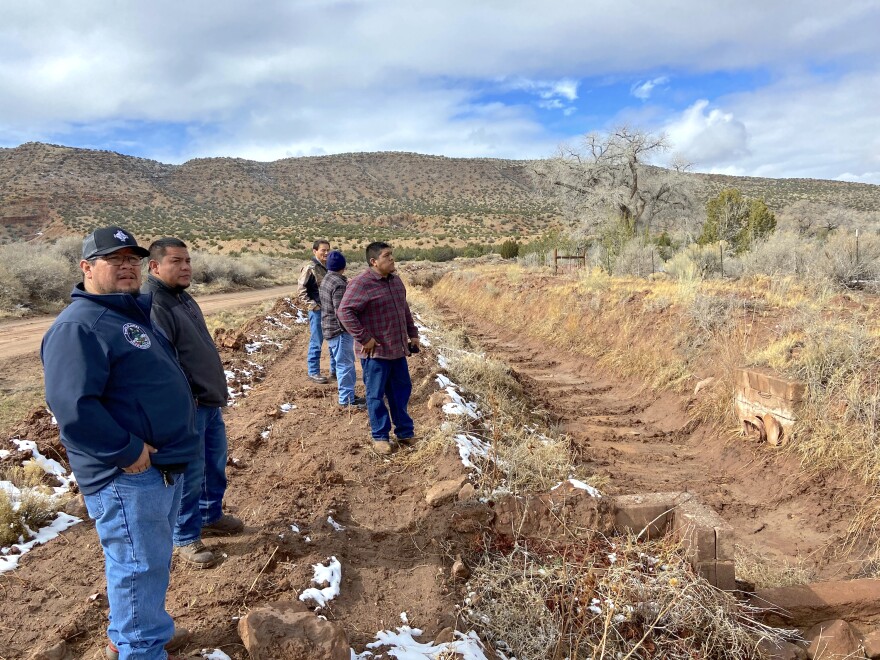The Tribal Water Institute’s goal is to help tribes navigate water laws and policies, and recruit and train young Indigenous water attorneys.
The project was created by the Walton Family Foundation, a group working to protect rivers, and the Native American Rights Fund, a nonprofit law group in Colorado, where the institute will be based.
Helping tribes protect and assert water rights comes at a critical time, said David Gover, a managing attorney at the Native American Rights Fund.
“Climate change is impacting all of our communities, right?” said Gover, who is Pawnee and Choctaw. “And there becomes more competition for that resource. And, of course, the states and industries are not waiting around, right? They'll continue to find what they can and take what they can.”
Gover said the institute will allow the law group to double its water staff to 14 members. Moreover, the team will publish a semiannual report to educate tribes, policymakers and attorneys about water rights cases and issues.
To date, the federal government has spent more than $8.5 billion on 39 water rights settlements with tribes. Another $2.5 billion has been set aside for settlements in the Bipartisan Infrastructure Law, which passed in 2021.
This story was produced by the Mountain West News Bureau, a collaboration between Wyoming Public Media, Nevada Public Radio, Boise State Public Radio in Idaho, KUNR in Nevada, KUNC in Colorado and KANW in New Mexico, with support from affiliate stations across the region. Funding for the Mountain West News Bureau is provided in part by the Corporation for Public Broadcasting.




